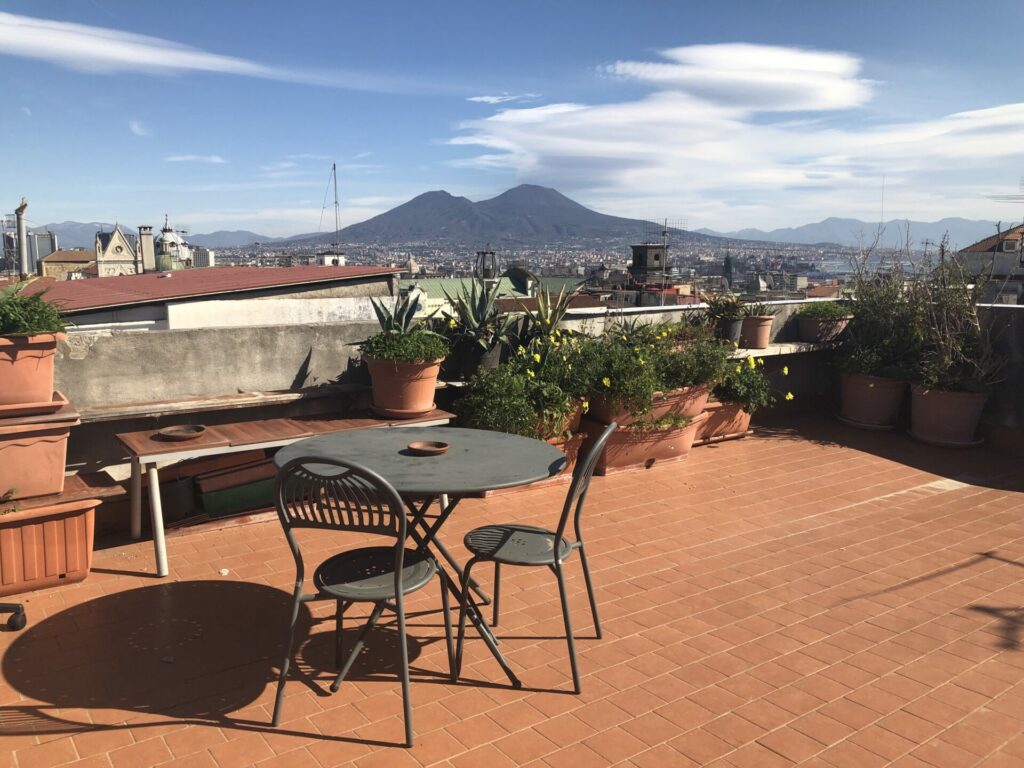Going on vacation can have the same effect as therapy on people with fragile mental health, according to a new study.
This concept of "Travel Therapy" is supported by recent Australian research that links travel experiences to some of the therapies recommended by specialists to people with mental health problems, such as dementia.
Health specialists are increasingly convinced by the idea of "Travel therapy" and the real benefits tourism can bring to our mental health.
A study by Edith Cowan University (ECU) in Australia, conducted jointly by tourism and health experts, explains that while holidays are a time of leisure, they can also have a therapeutic aspect. It was already known that simply booking a vacation boosts morale, as a University of Cornwall study demonstrated years ago.
"Medical experts can recommend dementia treatments such as music therapy, exercise, cognitive stimulation, reminiscence therapy, sensory stimulation, and adaptations to a patient's meal times and environment," lead researcher Dr. Jun Wen said in a statement. "All these elements are also often present during the holidays."
Cognitive and sensory stimulation
Going on holiday allows you to change your environment and live new experiences, resulting in cognitive and sensory stimulation. In addition, vacationers spend more time outdoors, which allows them to fill up on vitamin D and serotonin, in a cold or hot country.
Related News
- Summer discount at French motorway service stations during holidays
- 'Holiday poverty': 28% of Brussels residents cannot afford a week-long vacation
- Brussels Airport expects 'busy summer' with over 4 million passengers
On vacation, we do more physical activities, especially walking. Meals are associated with moments of conviviality with other people, which "positively influences the eating behaviour of dementia patients," says Dr. Jun Wen.
All these experiences are brought together to represent a "holistic tourist experience".
After two years marked by the Covid-19 pandemic, "this is the right time to identify the place of tourism in public health – and not only for healthy tourists, but vulnerable groups too", concludes the specialist.

